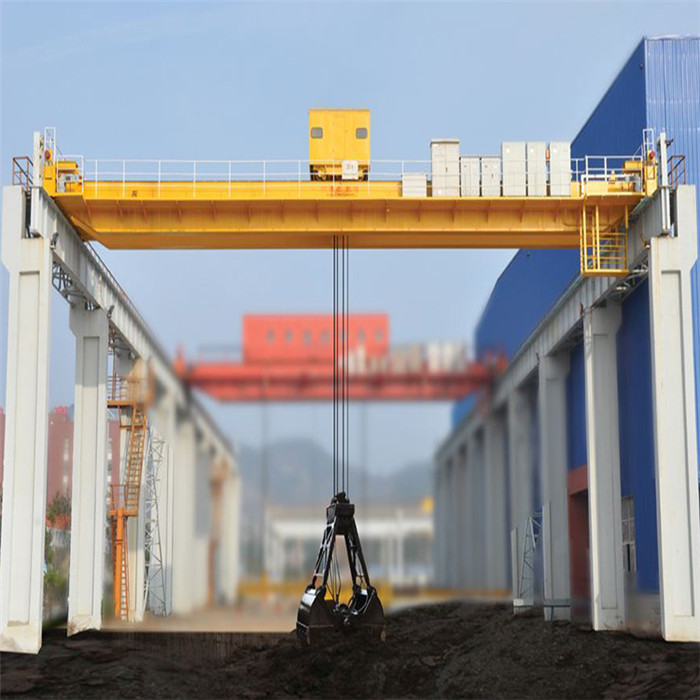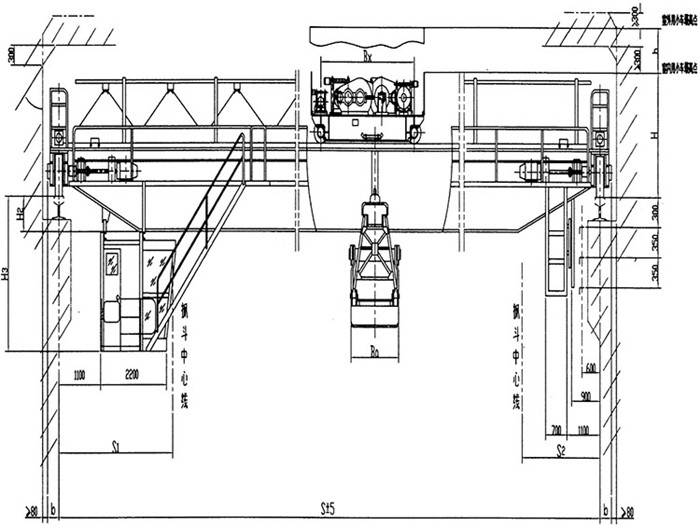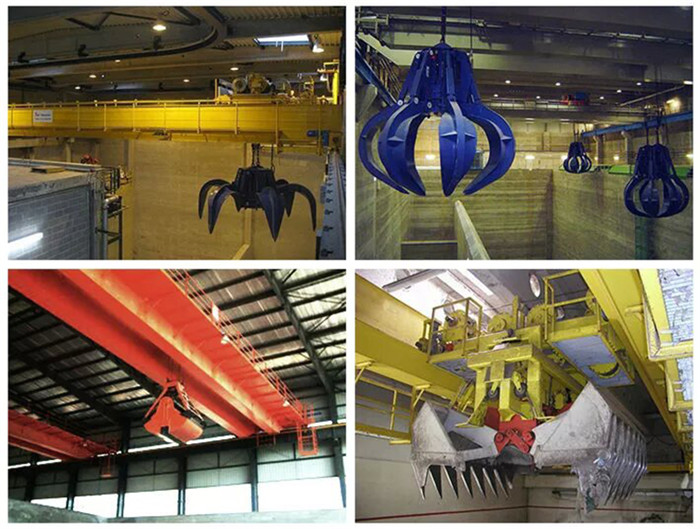On March 17, 20 auto companies, including Volkswagen, General Motors and Toyota, signed an agreement under the guidance of relevant US agencies. By 2022, the automatic emergency brake AEB (Automatic Emergency Braking Systems) system will be standard. According to the research, the system can reduce the rear-end accident by 40%, which can greatly improve road safety.
Interpretation of the AEB Agreement
The agreement was facilitated by the US National Highway Traffic Safety Administration (NHTSA) and the US Highway Safety Insurance Association IIHS (Insurance Institute for Highway Safety).
According to the agreement, before September 2022, all the new cars sold by the mainstream car companies in the United States (less than 8,500 pounds or 3.856 tons) will be equipped with automatic emergency braking and forward collision warning system. NHTSA data shows that this will account for 99% of US light vehicle sales. For technical reasons, some light-duty vehicles (such as manual transmissions) will come standard with automatic emergency braking. Vehicles weighing between 8,500 pounds and 10,000 pounds (4.536 tons) will also be equipped with automatic emergency braking as of September 2025.
In September 2015, NHTSA and the top ten car companies jointly announced plans for automatic emergency braking, including Audi, BMW, Ford, GM, Mazda, Mercedes-Benz, Tesla, Toyota, Volkswagen and Volvo. . In this plan, Fiat-Chrysler, Honda, Hyundai, Jaguar Land Rover, Kia, Maserati, Mitsubishi, Nissan, Porsche and Subaru joined 10 car companies, resulting in a total of 20.
According to the NHTSA spokesperson, IIHS will periodically tighten its rating criteria to encourage the car companies to upgrade their technology over time. But under this agreement, even if the vision is locked in 2022, it will be measured by the current IIHS standard.
NHTSA and IIHS will monitor the progress of car companies in implementing standard automatic emergency braking, and major car companies will also make progress every year. The US Consumer Report had previously called for auto-standard emergency brakes, and this time will be tracked simultaneously.
Save lives at critical moments
According to a recent study by the IIHS, automatic emergency braking can cut rear-end collisions by up to 40%, but less than 10% of new cars have automatic emergency braking systems as standard.
In this agreement, in order to achieve the commitment, the automatic emergency braking system must obtain the “Advanced†rating under the current IIHS test standard and undergo the deceleration effect test under the two speed conditions of IIHS, which is 12 mph (19.2 km/ Time) test and 25 mph (40 km / h) test. To achieve an “advanced†rating, a deceleration of 10 mph (16 km/h) must be achieved in either test; or in both tests the deceleration is 5 mph (8 km/h).
In addition, the automatic emergency braking system must also have a forward collision warning system that complies with the NHTSA standard. At present, some car companies such as General Motors have already equipped automatic emergency braking and forward collision warning functions on some models.
Because the role of automatic emergency braking is huge, the time node that the car company has finalized is even earlier than the statutory mandatory. An NHTSA spokesperson said that according to past experience, the “technical mandatory†legislative process usually takes eight years. For example, the rearview camera is set as standard in the United States, and the bill is proposed in 2010, effective in 2018. Therefore, this AEB agreement is at least two years ahead of the potential statutory enforcement.
NHTSA Director Mark Rosekind also referred to this agreement as a “milestone†during his tenure, which will focus on further strengthening the safety management of the automotive industry.
March 17th is St. Patrick's Day, to commemorate the Irish patron saint Patrick. NHTSA and the car companies chose to sign the AEB agreement this day, the meaning is self-evident. From the perspective of safety concept and legal system construction, the agreement should also give inspiration to the Chinese auto industry and related departments. Although there is no St. Patrick's Day in China, the demand for road safety is the same as that in the United States. Therefore, the security allocation is given legal force, which is really expected; if the car companies can be one step ahead of the organization, it will be more gratifying.
Electric grab Bridge Crane is mainly comprised of box-shaped bridge, grab crab (Grab Bucket), trolley travelling mechanism, cab and electric control system. The load handing device is the grab which is able to capture bulk materials.
The grab cab has switching mechanism and lifting mechanism. The grabs are separately hung over the switching mechanism and lifting mechanism with four steel wire ropes. The switching mechanism drives the grab to close to grab material. When the grab is closed, the lifting mechanism shall be started immediately to hoist the four evenly loaded steel wire ropes. Discharging only needs to start the switching mechanism, which opens the grab to pour materials.
Except the lifting mechanism, the Overhead Crane is basically the same as the bridge crane with hook.

Bridge crane with grab bucket

Specification:
Lifting weight
t
10+10
16+16
25+25
working class
A7
A6
A6
span
mm
25
34
25
33
25
Max. Lifting height
16
16
10
16
10
speed
lifting
m/min
12.6
14.8
16
15.4
travelling
travelling of grab
42.2
42.2
39
48
40
hang beam
travelling of trolley
85.2
85.2
106
101
107
turn round
r/min
1.36
1.36
1.36
1.85
1.4
Max. wheel pressure
KN
190
210
255
260
335
Total power
KW
114.8
128.8
151.3
196
243.5
steel track recommended
QU80
QU100
power source
3 phase A.C 380v 50Hz
Different grab bucket is available

Grab Crane,Heavy Duty Hydraulic Grab Crane,Grab Bucket Overhead bridge Crane,cranes Grab
Jiangxi Mide Industrial Co., Ltd. , https://www.midecrane.com